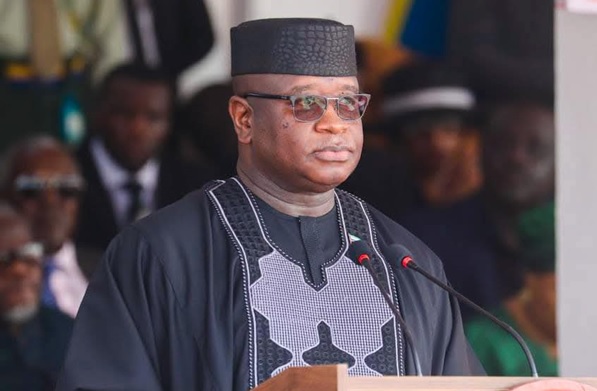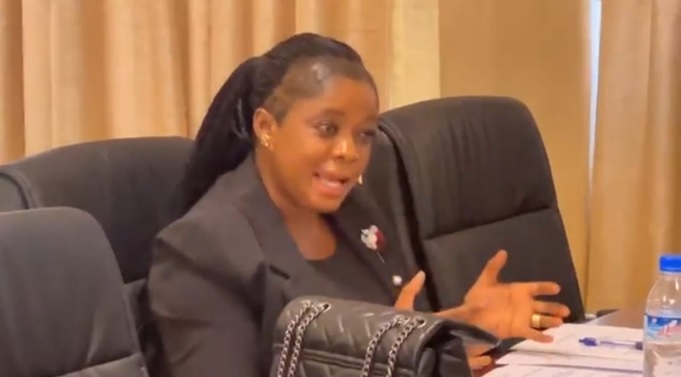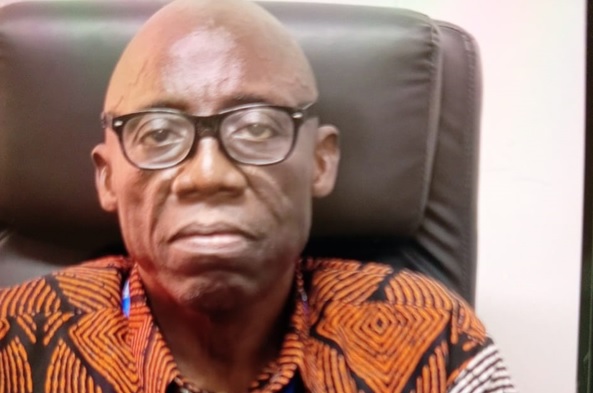MONROVIA – The Armed Forces of Liberia (AFL) must remain apolitical and loyal to democratic governance, Sierra Leone’s President Julius Maada Bio declared during Liberia’s 68th Armed Forces Day celebration on February 11, 2025. Addressing government officials, military personnel, and dignitaries, Bio, a former military officer, stressed that soldiers should resist any temptation to interfere in political affairs.
Speaking from experience as a soldier-turned-president, Bio reminded the AFL of the dangers of military intervention in governance. He urged Liberia’s armed forces to uphold their constitutional mandate and avoid becoming tools of political manipulation. “The duty of the military is to defend the country, not to engage in political battles,” he stated. “Your commitment must be to the people and the democratic institutions that sustain Liberia.”
The annual commemoration, which celebrated the role of the military in national security, carried the theme “Sustainable Peace and Security through Stakeholder Engagement: The Role of the Armed Forces.” Bio’s message resonated with the audience as Liberia continues to strengthen its military after years of restructuring and reform.
His cautionary remarks came against the backdrop of rising military coups in West Africa, where countries like Mali, Guinea, and Burkina Faso have experienced violent overthrows of civilian governments. With the region grappling with instability, Bio warned that allowing the military to overstep its constitutional boundaries could have devastating consequences. His message was particularly significant for Liberia, a country that has suffered from military rule in the past.
Liberia’s history bears deep scars from the 1980 coup that toppled President William R. Tolbert’s administration and led to prolonged civil unrest. The aftermath of military intervention brought years of bloodshed, economic collapse, and institutional breakdown. Bio reminded the AFL that the painful lessons of the past must never be forgotten. “History has shown us the cost of military interference,” he emphasized. “When soldiers take sides in political struggles, democracy suffers, and nations fall into chaos.”
Since the end of the civil war, Liberia has worked to professionalize its military, ensuring that it remains under civilian control. The restructuring of the AFL in 2003 introduced merit-based recruitment and a commitment to discipline and accountability. Bio commended these efforts but cautioned that maintaining a politically neutral military requires constant vigilance. He urged Liberia’s leadership to continue investing in training and ethical standards for the armed forces.
Beyond Liberia’s borders, Bio also called for stronger regional cooperation to safeguard democracy. He underscored the importance of the Economic Community of West African States (ECOWAS) and the African Union (AU) in fostering military professionalism across the continent. Sierra Leone and Liberia, both nations that endured brutal civil wars, share a responsibility to lead by example in preserving stability.
In a firm appeal to the AFL, Bio emphasized that soldiers must be defenders of peace, not instruments of political power. “The strength of a nation’s democracy depends on the integrity of its military,” he said. “Liberia’s armed forces must always stand for the rule of law and the protection of the people, not for the ambitions of politicians.”







